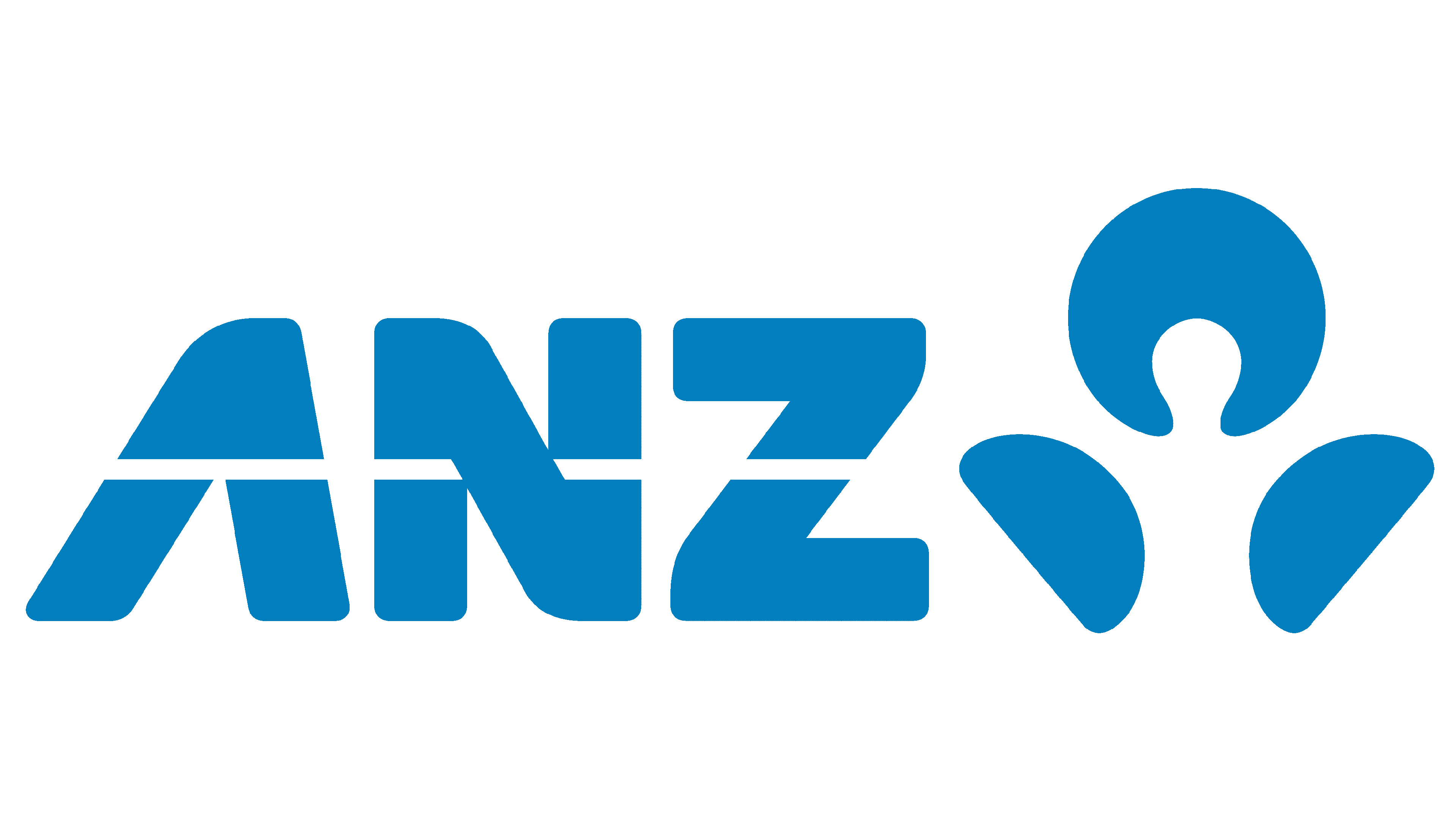Coles now uses Jira to visualise value streams and optimise cross-tribe delivery
See how Quirk helped them get there
Quick Facts
- Industry: Retail & eCommerce
- Challenge: Unstructured agile practices and delivery bottlenecks across tribes
- Solution: Data-driven value stream analysis and flexible operating model
- Outcome: Enhanced discovery processes and improved time-to-market
Executive Summary
Coles’ Merchandise and eCommerce portfolios faced challenges in scaling delivery across multiple tribes due to unstructured agile practices and ineffective planning processes. Through custom analytics and value stream mapping, Quirk identified that the primary constraints lay in upstream discovery processes rather than delivery phases. This insight led to targeted improvements in prioritisation and capacity planning, resulting in significant efficiency gains.
The Challenge: Uncovering Hidden Value Stream Constraints
Initial State
When Coles engaged Quirk, their Merchandise and eCommerce portfolios were struggling with fragmented delivery practices that hindered their ability to scale effectively. Agile practices varied significantly across tribes, creating inconsistencies in how work was planned and delivered. Their quarterly planning processes had become ineffective, particularly challenging in their virtual-first environment where coordination was already complex.
The lack of clarity around cross-tribe roles and responsibilities created friction in delivery, while system bottlenecks regularly impeded progress. Their discovery processes had become outdated and failed to align with the operational needs of the business, preventing effective prioritisation and capacity planning across multiple tribes.
Transformation Goals
To address these challenges, Coles set clear transformation goals focused on enabling seamless collaboration while preserving team independence. They needed to enable effective cross-tribe coordination and improve dependency management without sacrificing the benefits of autonomous teams. Optimising value stream flow and standardising key processes became priorities, along with enhancing discovery practices. Crucially, they needed to achieve these improvements while maintaining the benefits of tribe autonomy that drove their innovation.
Our Approach: Evidence-Based Process Optimisation
Discovery Phase
Our partnership with Coles began with an intensive data-driven discovery phase to understand their delivery challenges. We developed custom analytics scripts that revealed previously hidden patterns in their workflow, providing unprecedented insights into their delivery system. By creating a consolidated value stream view, we could see end-to-end how work flowed through the organisation.
Through detailed analysis, we separated discovery and delivery phases, identifying where work was getting stuck and why. We mapped active versus wait times across the value stream, revealing surprising bottlenecks in unexpected places. This systematic approach helped identify system constraints that weren’t apparent through conventional analysis. We also evaluated existing tribe workflows to understand how different teams had adapted their practices to their specific needs.
Solution Design
Drawing on these insights, we designed a solution that balanced standardisation with flexibility. At its core was a flexible agile operating model that could accommodate different tribe needs while maintaining consistency where it mattered. We established a centralised standards framework that provided guardrails without being overly prescriptive.
The design included enhanced discovery processes that addressed the upstream bottlenecks we’d identified through our analysis. We created cross-tribe coordination mechanisms that facilitated collaboration without imposing unnecessary overhead. Throughout the solution, we maintained a data-driven optimisation approach, ensuring decisions were based on evidence rather than intuition.
Implementation: Building a Data-Driven Enterprise
Transforming Coles’ delivery capability required carefully orchestrated changes to both their technology ecosystem and core processes.
Technology Stack
We implemented an integrated suite of tools designed to support data-driven decision making across the organisation. Jira provided the foundation for work management, enhanced with custom JavaScript analytics that delivered deep insights into delivery patterns. Miro enabled effective collaboration in their virtual-first environment, while Slack ensured clear communication channels between tribes. We deployed automated reporting tools that reduced manual overhead, along with value stream visualisations that made delivery constraints immediately visible to all stakeholders.
Process Transformation:
The technical implementation was matched with comprehensive process improvements that addressed the root causes of delivery constraints. We optimised the discovery phase based on our analytics insights, implementing changes that reduced wait times and improved flow. Prioritisation processes were enhanced to better manage cross-tribe dependencies while respecting team autonomy.
Capacity planning received a significant upgrade, with new processes that provided better visibility of resource constraints and opportunities. Key workflows were standardised where it added value, while maintaining the flexibility tribes needed for innovation. Throughout these changes, we carefully preserved tribe autonomy while providing the structure needed for effective scaling.
Results: Transforming Ideas into Market Impact
The implementation of data-driven delivery practices at Coles yielded substantial improvements across multiple dimensions of their operations.
Performance Improvements
Performance improvements were immediately evident in key delivery metrics. Time-to-market reduced significantly as bottlenecks were eliminated and processes streamlined. Team satisfaction increased as they gained better clarity and control over their work. Discovery outcomes improved markedly through enhanced processes, while dependency management became more effective across tribes. Planning processes, previously a source of friction, became streamlined and more effective.
Operational Benefits
The operational benefits transformed how tribes worked together. Clear value stream visibility enabled teams to identify and address constraints proactively. Cross-tribe coordination improved while maintaining the right balance of team autonomy. Decision-making became truly data-driven rather than based on intuition, and resource utilisation improved through better capacity planning and allocation.
Strategic Impact
The strategic impact on the business was substantial. Coles could respond to market opportunities faster through improved delivery capabilities. Business needs and delivery capacity became better aligned through enhanced planning processes. Delivery became more predictable, enabling better strategic planning. Perhaps most importantly, the new ways of working proved sustainable and scalable, supporting Coles’ continued growth in the competitive retail sector.
Looking Forward
Coles now has a robust foundation for ongoing optimisation:
- Data-driven decision making
- Flexible operating standards
- Enhanced discovery processes
- Effective cross-tribe coordination
- Sustainable delivery practices
Start Your Path to Clarity
Contact Quirk to discover how we can help your organisation optimise value streams through modern work management solutions.
What our clients say about us.
Our client’s satisfaction is at the heart of everything we do. Here are some words of appreciation from those who have experienced the Quirk difference.
Transforming Industries with Innovative Solutions
We have collaborated with forward-thinking companies, revolutionising their industries through our cutting-edge solutions and transformative approaches.



Ready to modernise your organisation?
Modern work is complex, but managing it doesn’t have to be. We specialise in helping organisations turn operational complexity into streamlined, visible workflows that drive better business outcomes. Whether you’re struggling with resource allocation, project visibility, or system integration, we can help you build a more efficient, scalable way of working.
Let’s have a conversation about your unique challenges and how we can help you solve them.


